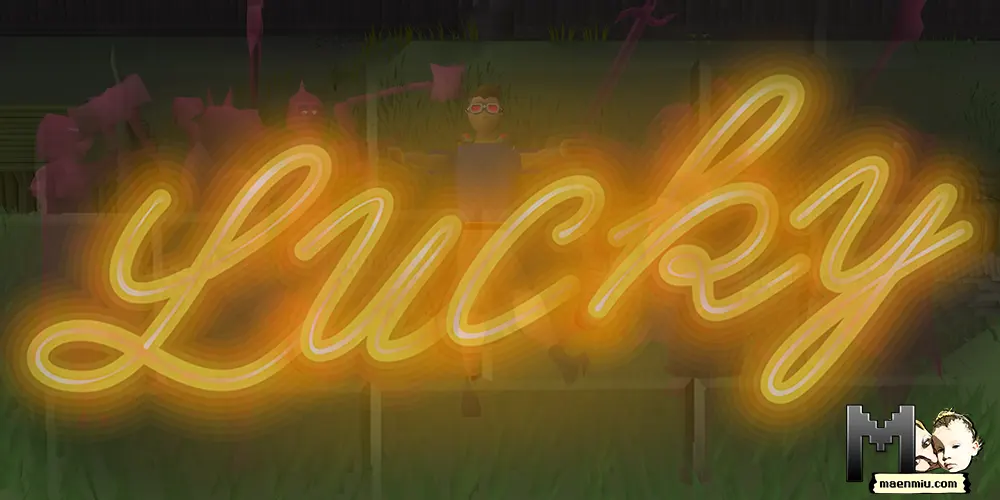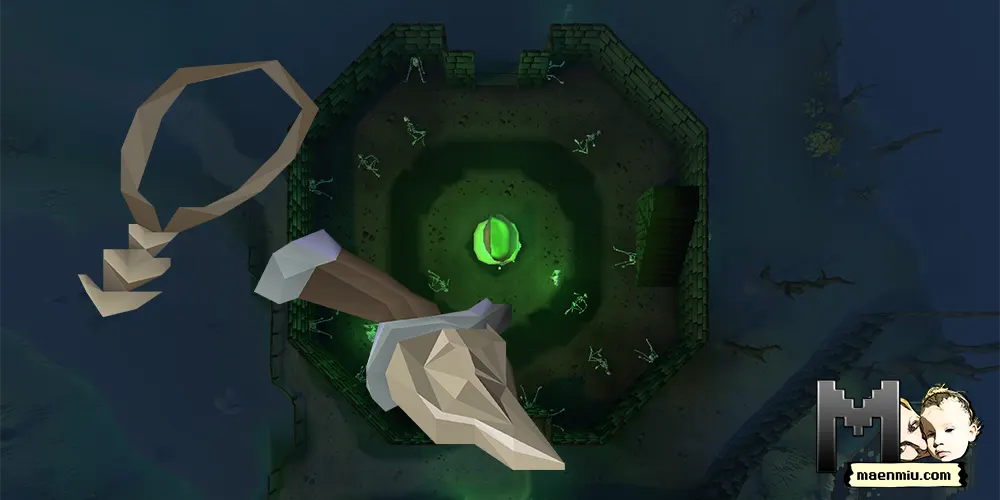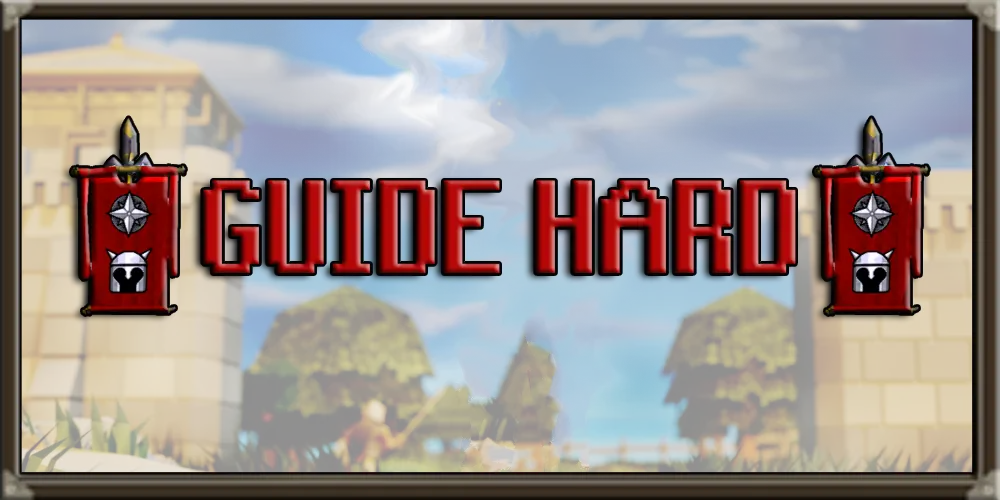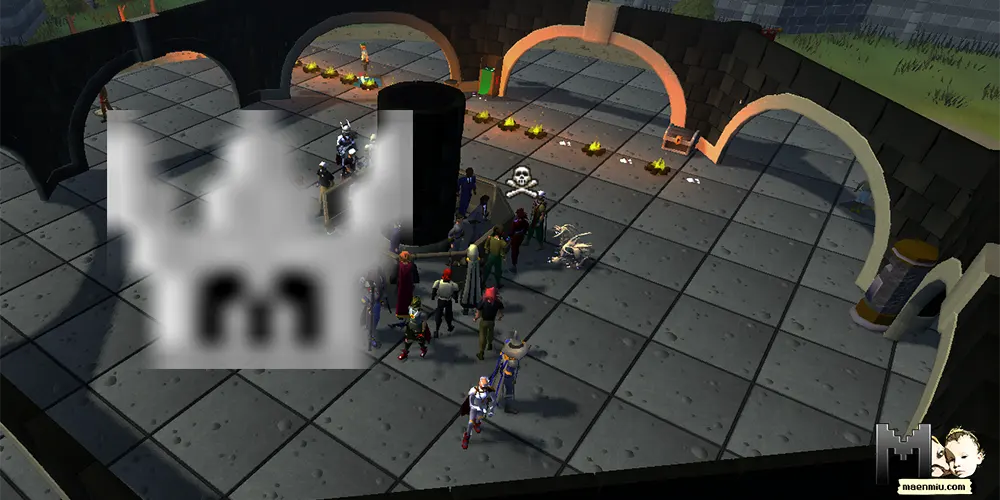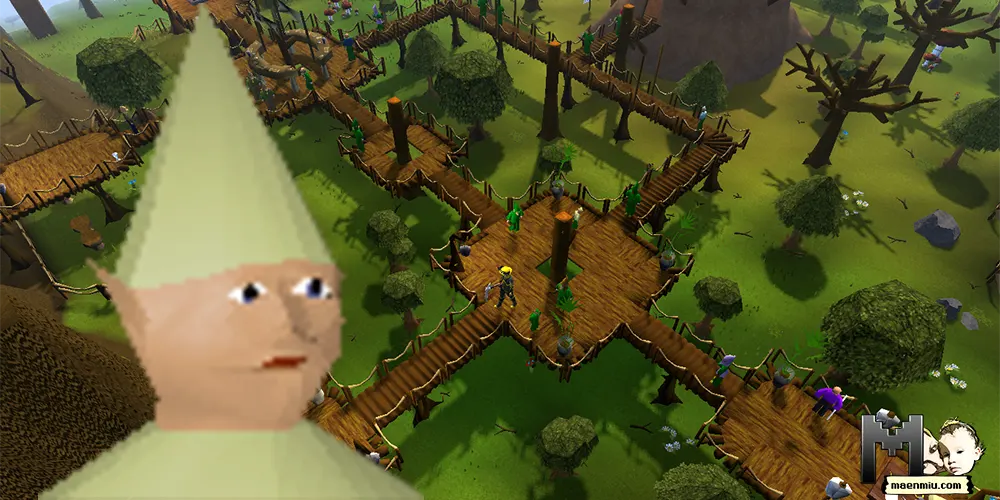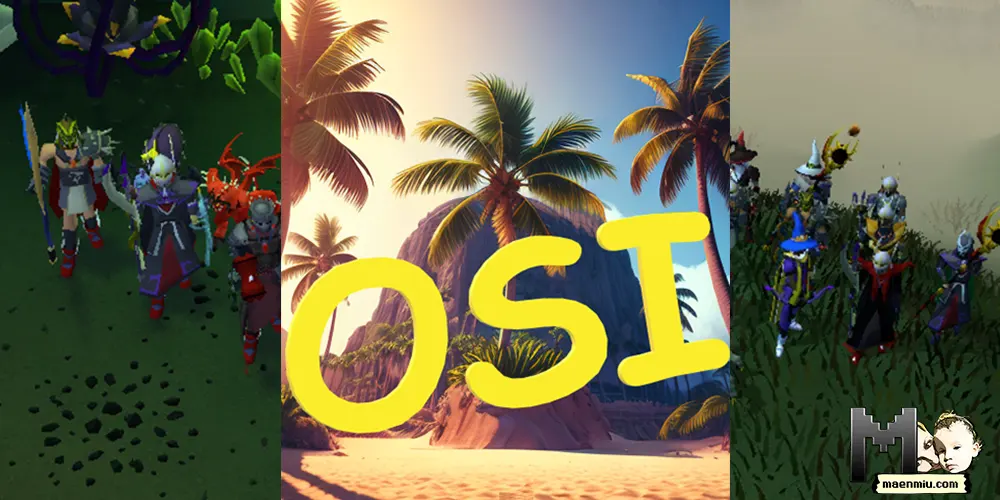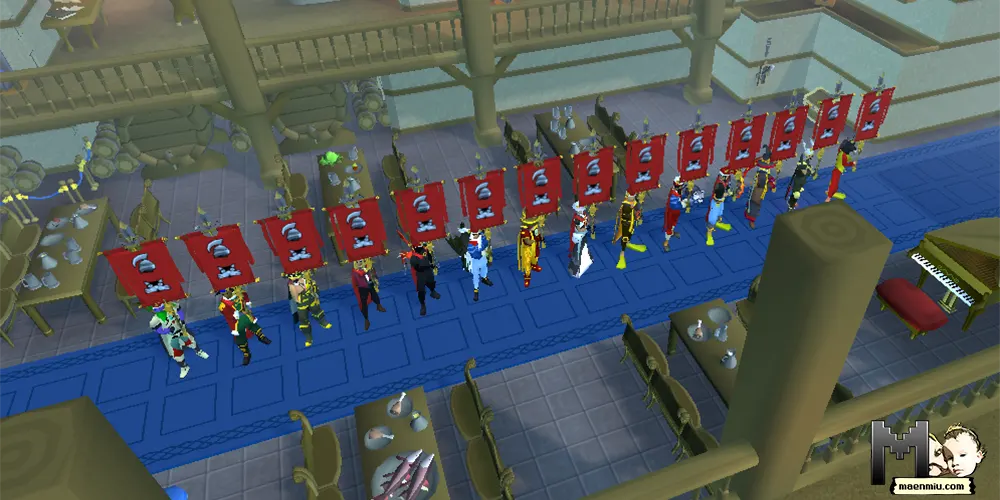
Exploring connections, whether linguistic, thematic, or symbolic, between various cultural, religious, and fictional realms, such as Zoroastrianism and characters like Zaros in “Old School RuneScape,” is a significant intellectual pursuit. It allows scholars, enthusiasts, and creators to identify common threads and shared human experiences across different contexts and eras. By investigating these connections, we can gain insights into how ideas evolve, migrate, and influence each other across cultures and time periods. Such exploration fosters a greater understanding of the universality of certain themes, such as dualism or purity, and enhances our appreciation for both the diversity and underlying unity of human thought and creativity. It also challenges us to approach familiar concepts with fresh perspectives and encourages critical thinking about the complex web of influences that shape our cultural narratives and identities. And if your curiosity about Zarosian followers has been stirred by some of his followers in Desert Treasure 2, so has mine.
You might like

Zoroastrianism
Zoroastrianism is one of the world’s oldest monotheistic religions, founded by the Prophet Zarathustra (or Zoroaster) in ancient Iran approximately 3,500 years ago. It has a particular form of dualism that has been influential in Western thought, especially in religious studies.
Cosmic Dualism
In Zoroastrian belief, the universe is a battleground between two cosmic forces: Ahura Mazda (the Supreme God and creator) and Angra Mainyu (or Ahriman), his evil antagonist. This dualistic cosmology divides the world into the spiritual realm of truth and order, represented by Ahura Mazda, and the chaotic and deceptive realm, represented by Angra Mainyu.
Ethical Dualism
This cosmic struggle is reflected in human existence as well. Zoroastrian ethical dualism emphasizes the moral choice that every individual faces between the path of righteousness (Asha) and the path of deceit (Druj). People are encouraged to align themselves with truth, purity, and divine order, and by doing so, they aid in the cosmic battle against chaos and evil.
Influence on Other Religions
The dualistic philosophy of Zoroastrianism has been seen as influential in other religious systems, particularly within the Abrahamic traditions. Some scholars argue that the concepts of heaven and hell, final judgment, and the battle between good and evil in Christianity and Islam may have been influenced by Zoroastrianism.
Interpretation and Criticism
There are different interpretations of Zoroastrian dualism, ranging from strict dualism to more monistic views that emphasize Ahura Mazda’s ultimate supremacy. Some scholars argue that the dualism between Ahura Mazda and Angra Mainyu is more metaphorical than literal, symbolizing the internal struggle within the human soul rather than two distinct deities.
Critics of the dualistic interpretation of Zoroastrianism contend that it oversimplifies a complex religious system. Others have noted that the perceived dualism might be influenced by later developments in Zoroastrianism rather than representing the original teachings of Zarathustra.
Decline and Modern Practice
Over time, Zoroastrianism has declined in numbers due to conquest, conversion to other religions, and migration. Today, it is a minority religion, primarily practiced by the Parsis in India and the Zoroastrians in Iran. Even with its smaller following, Zoroastrianism’s dualistic worldview continues to resonate in literature, art, and religious studies. It provides a rich framework for understanding the tension between opposing forces in the universe, a concept that continues to be explored and reinterpreted in various cultural contexts.
OSRS’ Zaros
Zaros is a major figure in RuneScape’s extensive lore and is known as the Empty Lord, associated with control, fate, and darkness. You might be very familiar with some of Zaros followers, such as:
- Nex
- The Whisperer
- Vardorvis
- Duke Sucellus
While there might be thematic similarities between Zaros and certain dualistic concepts, such as a struggle between opposing forces or control over fate, this doesn’t necessarily indicate a direct connection to Zoroastrianism.
It is not uncommon for video game developers to draw inspiration from various myths, religions, and philosophical concepts, so it’s possible that some indirect or general influence could exist. However, without explicit confirmation from the game’s developers or detailed analysis linking Zaros to Zoroastrian dualism, any connection between the two would be speculative.
The apparent linguistic connection between “Zaros” in Old School RuneScape and “Zoroastrian” may seem suggestive, but it’s essential to approach this with caution. Similarities in names do not necessarily imply a direct relationship or influence.
Linguistic Connection
The name “Zaros” in OSRS doesn’t have a known origin or meaning tied to real-world languages or traditions. It’s possible that the creators of the game coined this name for its fictional setting without direct reference to historical names or concepts.
This name refers to the founder of Zoroastrianism, derived from the Greek form of his name. In Old Iranian, his name is more accurately represented as “Zarathushtra,” possibly meaning “Golden Light” or “Old Camel.”
While there is a similarity in the starting syllable, this alone is not substantial evidence of a connection. Without more direct linguistic evidence or an acknowledgment from the creators of OSRS, the link between “Zaros” and “Zoroaster” or “Zoroastrianism” remains speculative.
Thematic Connections
Examining thematic elements might provide a more nuanced perspective, but again, the connections may be tenuous.
Dualism
Zoroastrianism is characterized by a cosmic dualism between good and evil. In OSRS, Zaros represents complex themes, and his alignment may not fit neatly into a binary good-evil framework. However, themes of control, fate, and power could be construed in a dualistic context.
However, in OSRS lore Zaros and Serene (one of the bosses from Song of the Elves) were created exactly on a dualistic theme where Serene represented light energy and Zaros represented dark energy, so even if Zaros himself does not represent the whole dualism idea, Zaros and Serene definitely do.
Control and Fate
Zaros in OSRS is associated with control and fate. While these themes don’t directly align with Zoroastrian dualism, they resonate with broader religious and philosophical concepts of destiny, choice, and moral alignment.
Extinct
Another subtle connection between Zaros and Zoroastrianism is that both of them are almost extinct. The IRL religion has only a small population still following it, while the Zarosian religion in OSRS has also seen its end, with only a few followers, most of who are recent or very recent additions to the game (Nex, Vardorvis, The Whisperer, Duke Sucellus)
Conclusion
While the linguistic similarity and thematic resonance may be intriguing, they do not offer conclusive evidence of a connection between Zaros in OSRS and Zoroastrian dualism, even though the existing links are intriguing enough to make one really wonder. Without further details from the creators or more specific thematic parallels, it’s difficult to affirm a direct link. But are these similarities coincidental or part of a broader tapestry of influences rather than a specific reference to Zoroastrianism?
I created this article with the partial assistance of an AI tool. Learn about my view on AI and why I’m telling you about it.



